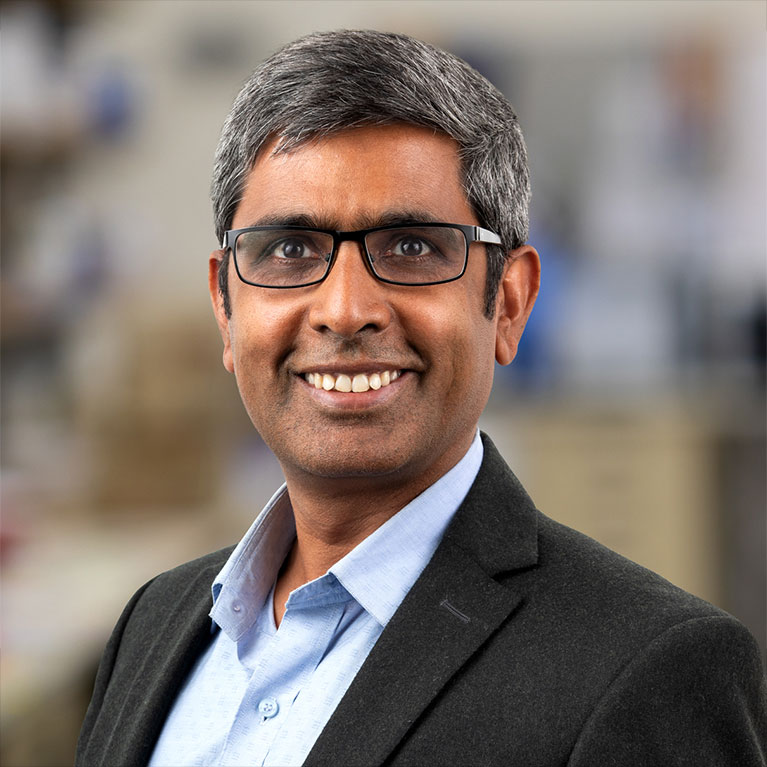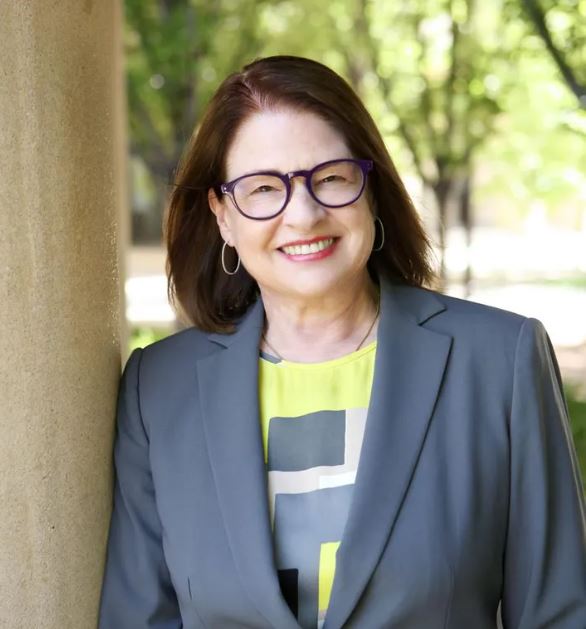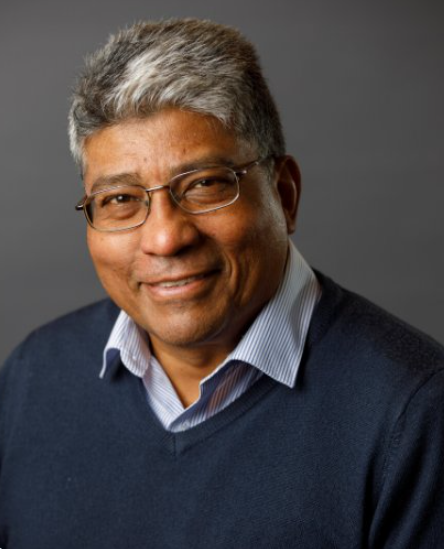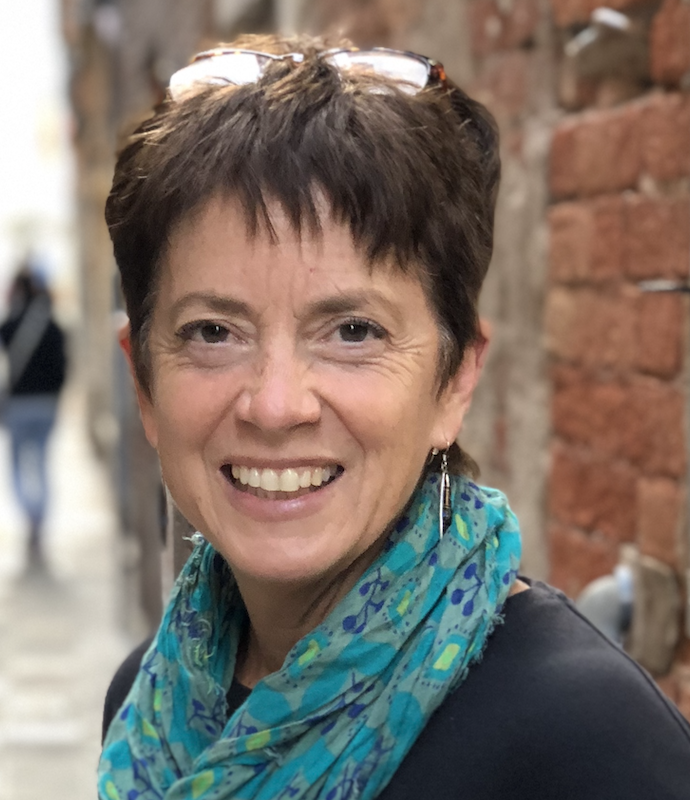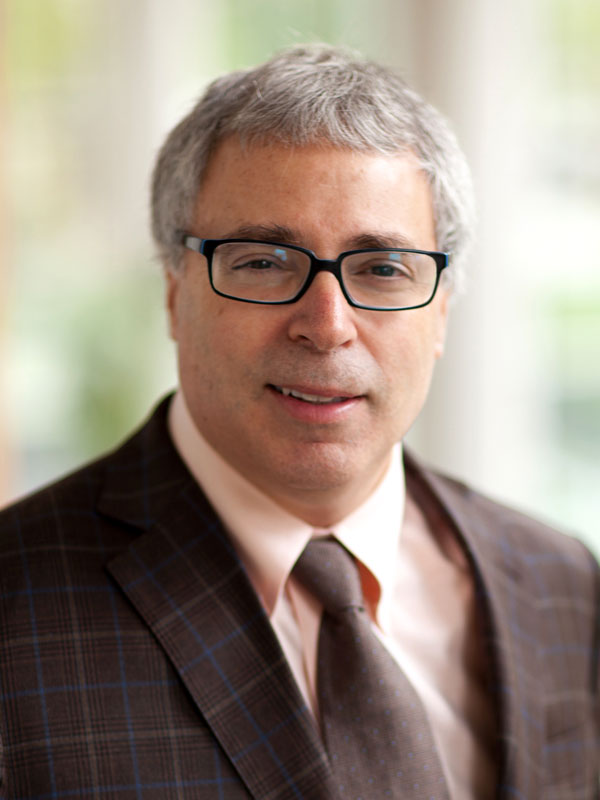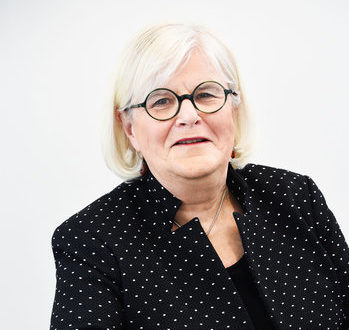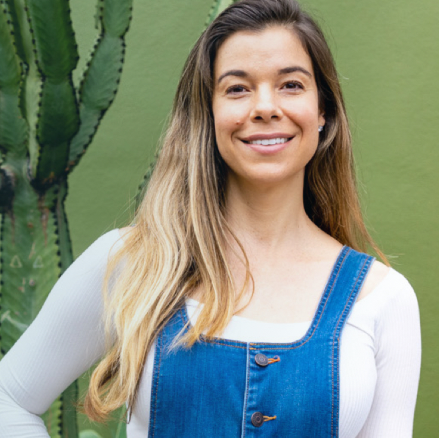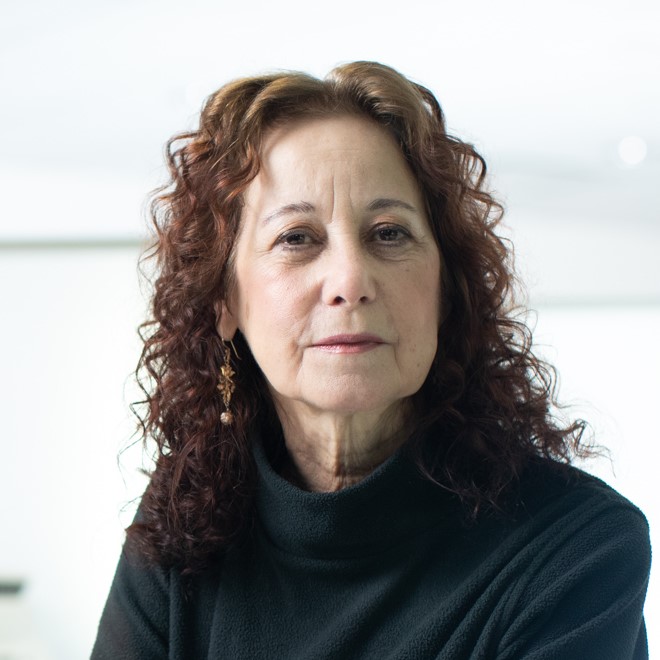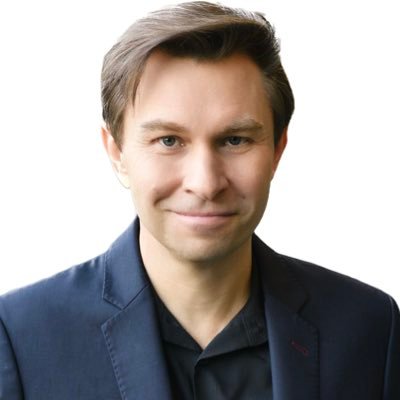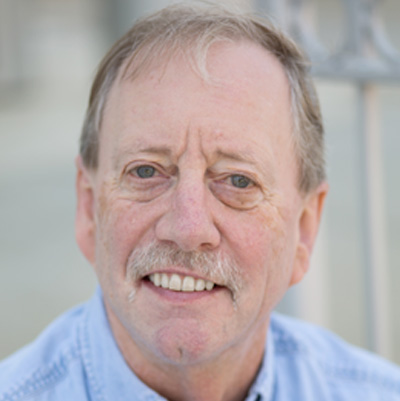
LATEST EPISODE
Why do some of us age gracefully and others don’t? How do our bodies and minds experience aging at the cellular and molecular level? Why do we even age to begin with? And maybe most importantly, can we do anything about it?
Join host Gordon Lithgow at the Buck Institute in California as he speaks with some of the brightest scientific stars on the planet to search for – and actually find answers to – these questions and many more.
Listen on your favorite podcast app:
We’re not getting any younger…yet is made possible by a generous grant from the Navigage Foundation. Navigage enhances the lives of older people through the support of housing, health education and human services.
OUR HOST
Gordon Lithgow
A native of Scotland, Dr. Lithgow received his PhD from the University of Glasgow and obtained further training at Ciba Geigy AG in Basel, Switzerland, and at the University of Colorado. He established his lab studying the biology of aging at the University of Manchester, England, before moving it to the Buck Institute in 2000.
Dr. Lithgow has been recognized for his research with a Glenn Award for Research in Biological Mechanisms of Aging, a senior scholarship from the Ellison Medical Foundation, and the Tenovus Award for Biomedical Research. He has served on many national advisory panels in both the UK and the US, including the National Institute on Aging’s Board of Scientific Counselors, and has served as the chair of biological sciences at the Gerontology Society of America. He has partnered with biotechnology companies in sponsored research and has strong collaborations in preclinical research on diseases such as osteoporosis and Parkinson’s disease.
ALL EPISODES
Support the Buck
We rely on donations to support the science that we believe will add years to people's lifespan and decades to their healthspan.





